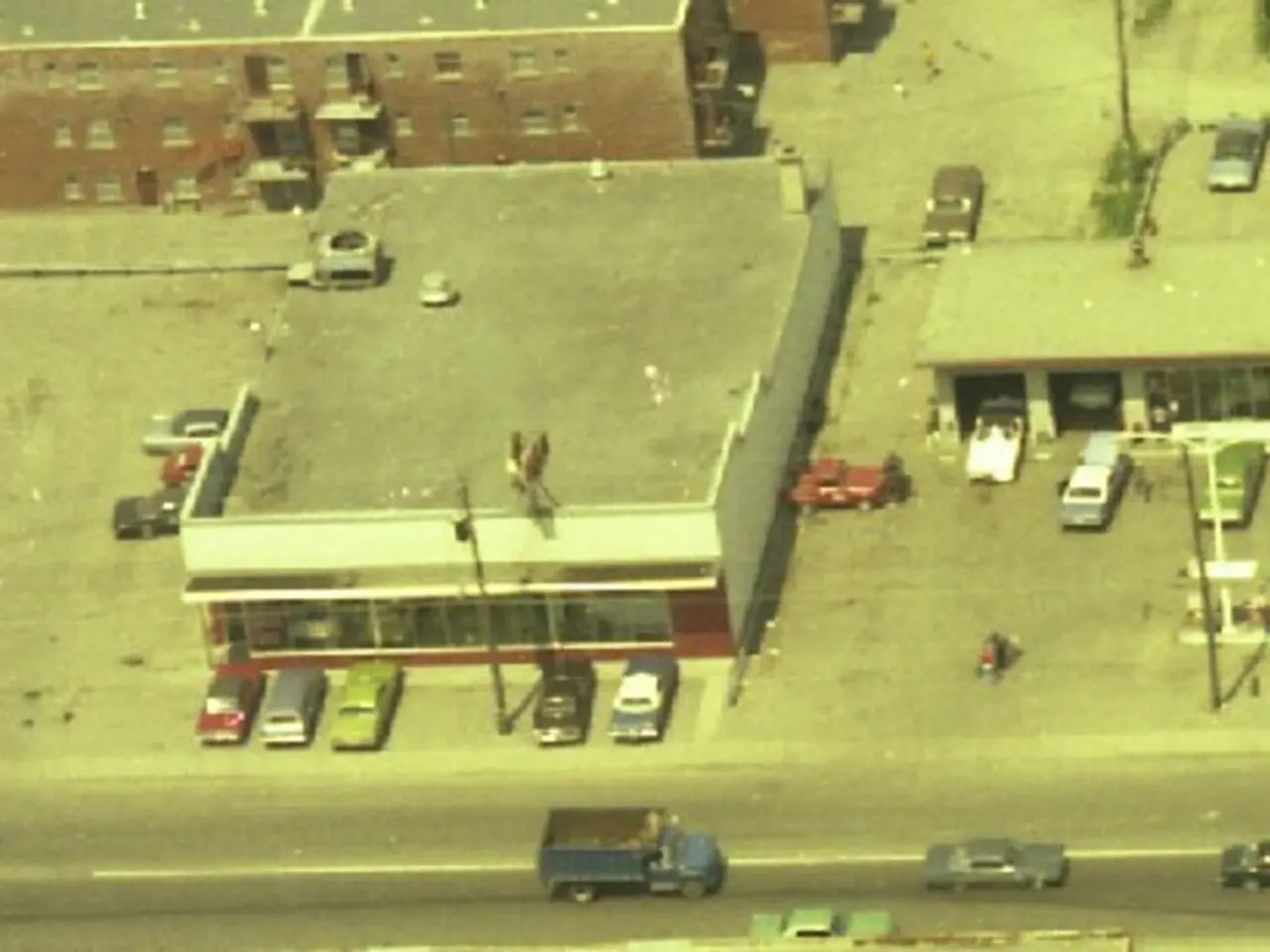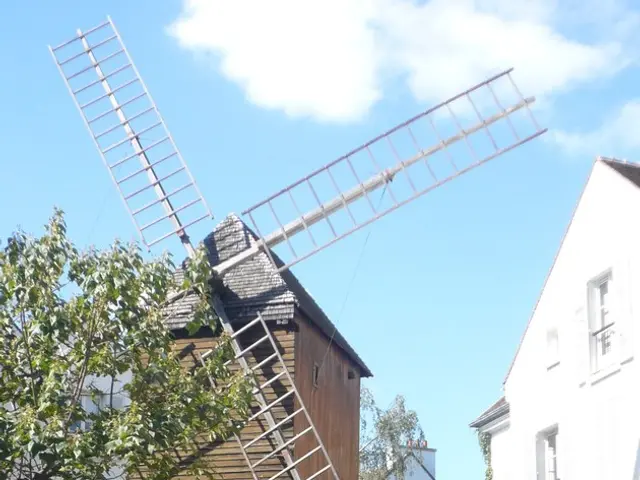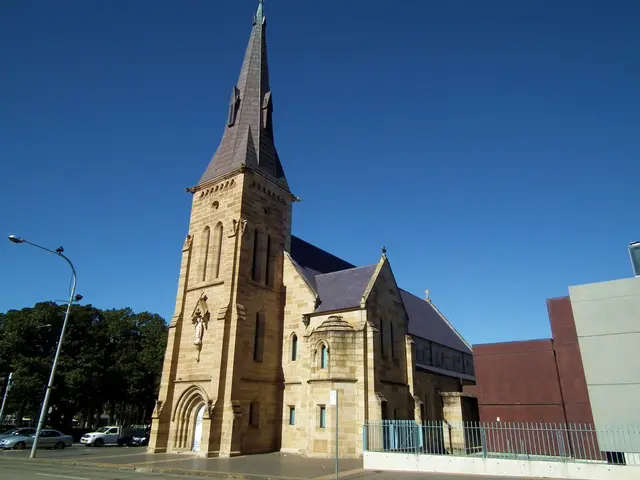Robotaxis by Tesla edge closer to reality in New York City
Tesla and Waymo Lead the Way in Autonomous Taxi Services
Tesla has made a significant stride in the autonomous taxi market with the launch of a limited robotaxi service in Austin, Texas, in June 2025. This marks the company's first operational deployment of autonomous taxis, using modified Tesla Model Ys equipped with Tesla's Full Self-Driving (FSD) software based primarily on camera vision and AI neural networks trained on fleet data.
Despite this development, Waymo remains the market leader in the U.S., having started its autonomous taxi operations in 2018. Waymo's service is more established and widely deployed, operating approximately 250,000 fully autonomous rides per week across several cities. Its safety record is close to human drivers, with roughly one accident every 700,000 miles driven.
A comparison of the two services reveals key differences. Tesla's deployment is limited, small in scope, and relies on neural net learning from fleet data, while Waymo's service is large scale and uses multi-sensor technology, including LiDAR, and 3D mapping.
Tesla's camera-focused strategy aims for scalability and faster deployment, while Waymo adopts a conservative, heavily sensor-fused method for safety and reliability. Tesla's robotaxi availability is currently limited to Texas, with plans to expand, whereas Waymo leads with broader, proven autonomous taxi services in multiple states.
Looking ahead, Waymo plans to launch in Atlanta this summer and Miami and Washington in 2026. Tesla, on the other hand, aims to offer an autonomous transportation service to "half of the US population by the end of the year." However, both companies' plans are subject to regulatory approval.
Elon Musk, Tesla's CEO, emphasizes his company's lead in deploying autonomous vehicles due to the use of artificial intelligence and data collected by its fleet. Waymo, a subsidiary of Alphabet (Google), operates a fleet of 1,500 vehicles in the U.S. and has filed an application to begin testing self-driving cars in New York, with an employee behind the wheel.
In contrast, Tesla is hiring an Autopilot Vehicle Operator to test driver-assistance technology in New York, which indicates a step towards the development and testing of autonomous vehicles. The Autopilot Vehicle Operator position involves driving an engineering vehicle for extended periods to collect visual and audio data.
Despite the progress made by both companies, the deployment of autonomous services is proceeding with caution due to security concerns. Tesla's robotaxi service in Austin, Texas, followed many delays, demonstrating the complexities involved in the deployment of such services.
[1] Tesla Launches Robotaxi Service in Austin, Texas
[2] Waymo's Autonomous Taxi Service: A Leader in the US Market
[3] Comparing Tesla's and Waymo's Autonomous Taxi Services
[4] The Future of Autonomous Transportation: Tesla and Waymo's Vision
Read also:
- AI-Enhanced Battery-Swapping Station in Southeast Asia Officially Opens Its Doors
- Honda unveils blueprint for design, advanced driver assistance systems, electric vehicles, fuel efficiency, and technology development
- Web3 Esports undergoes transformation as Aylab and CreataChain collaborate for a radical change
- Competitor BYD Threatens Tesla's Position in Europe: An Analysis of BYD's Success in the European Market








